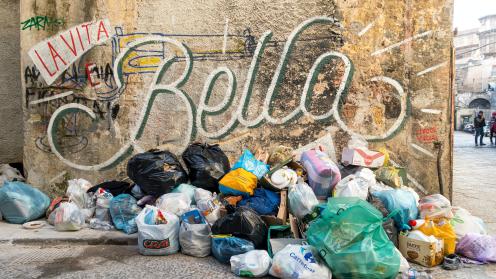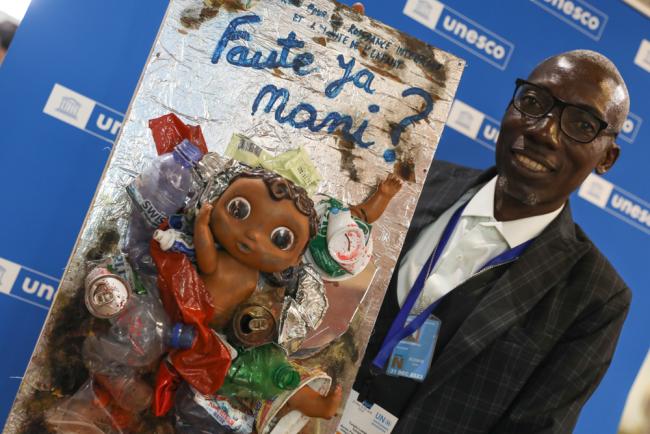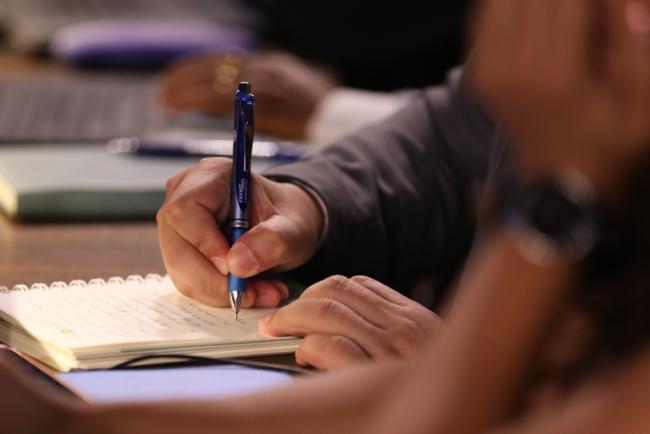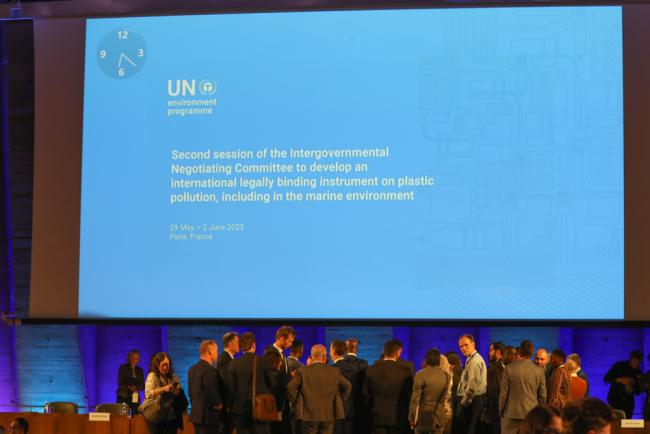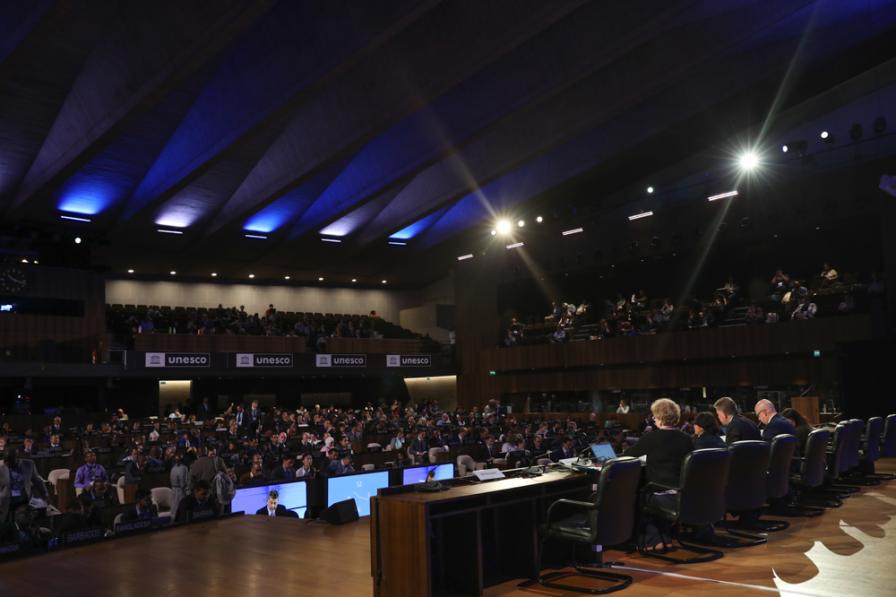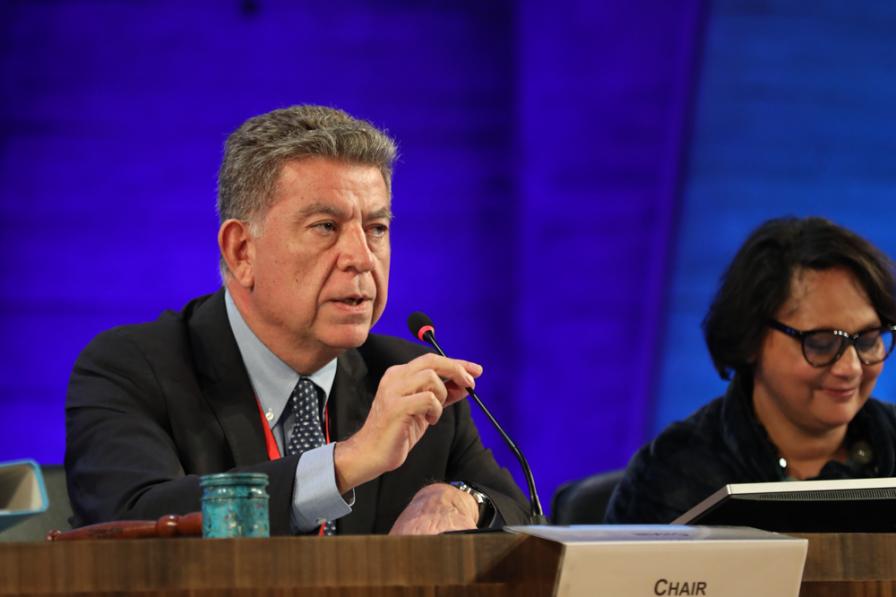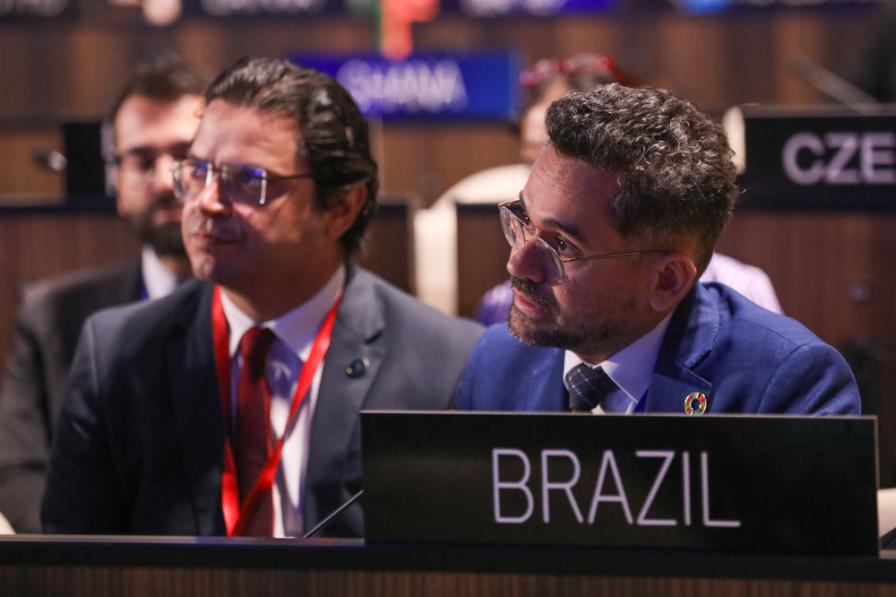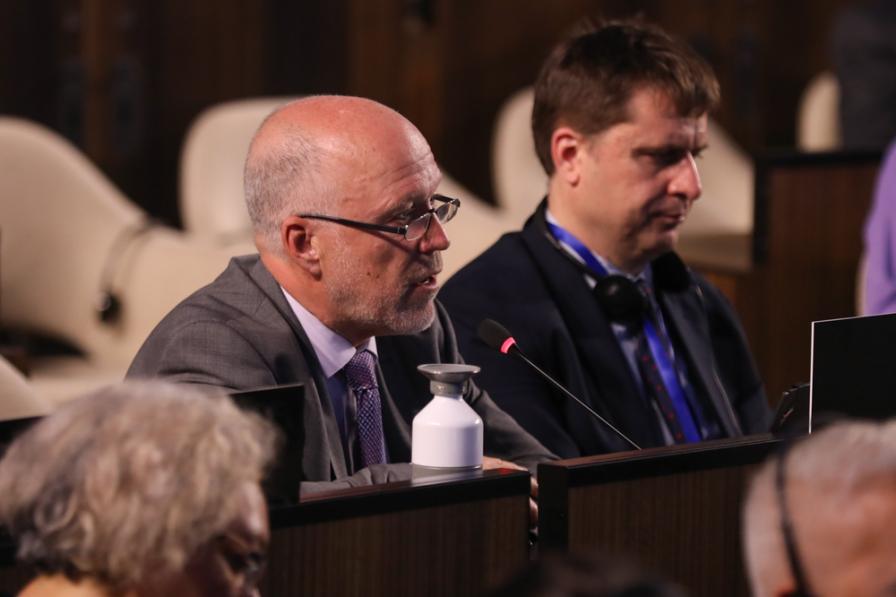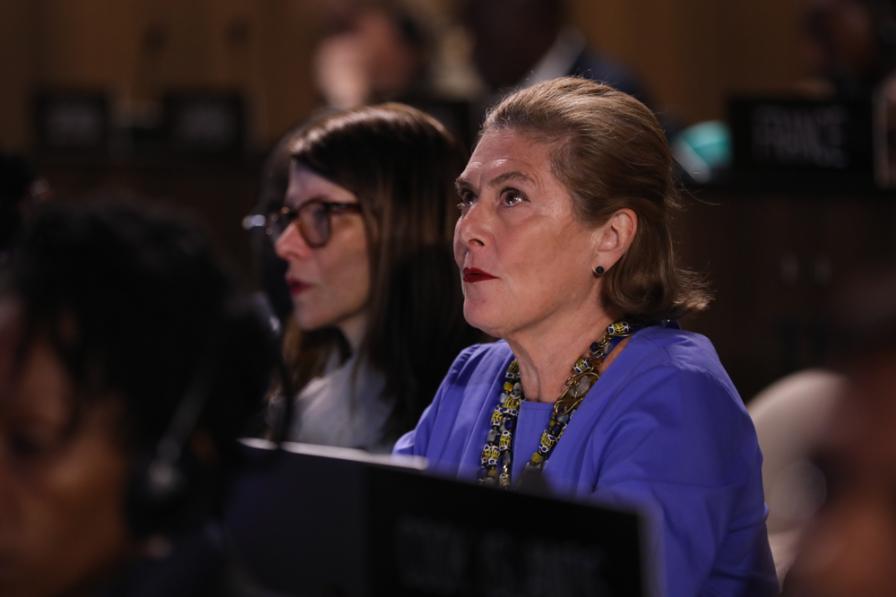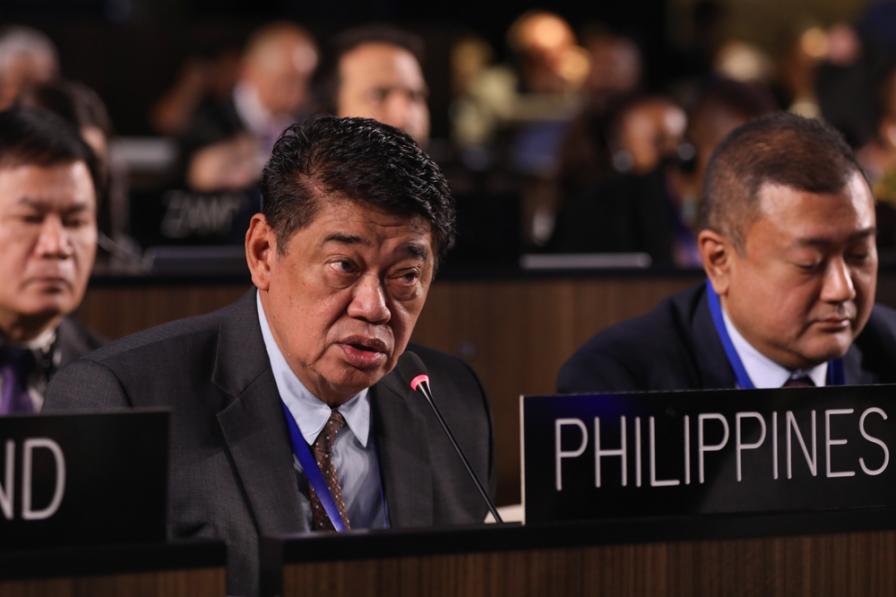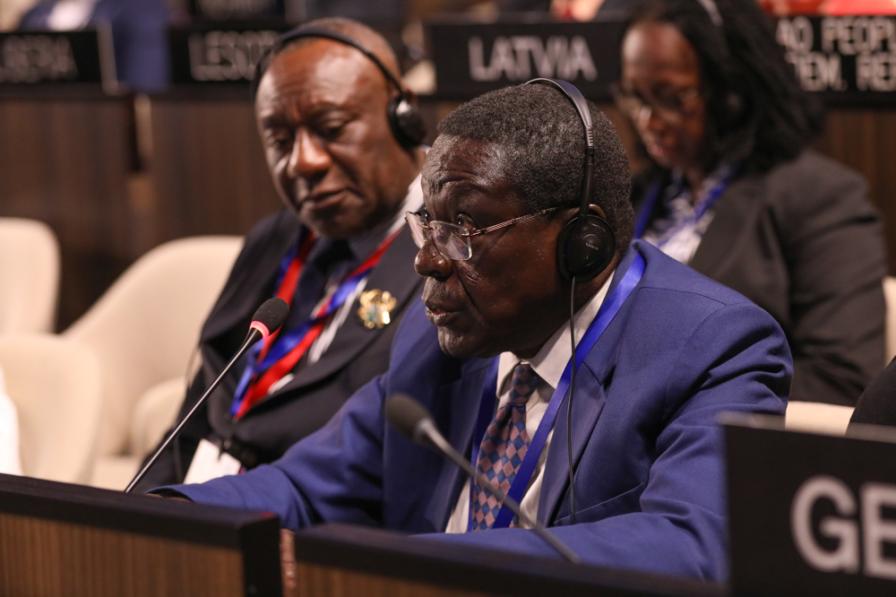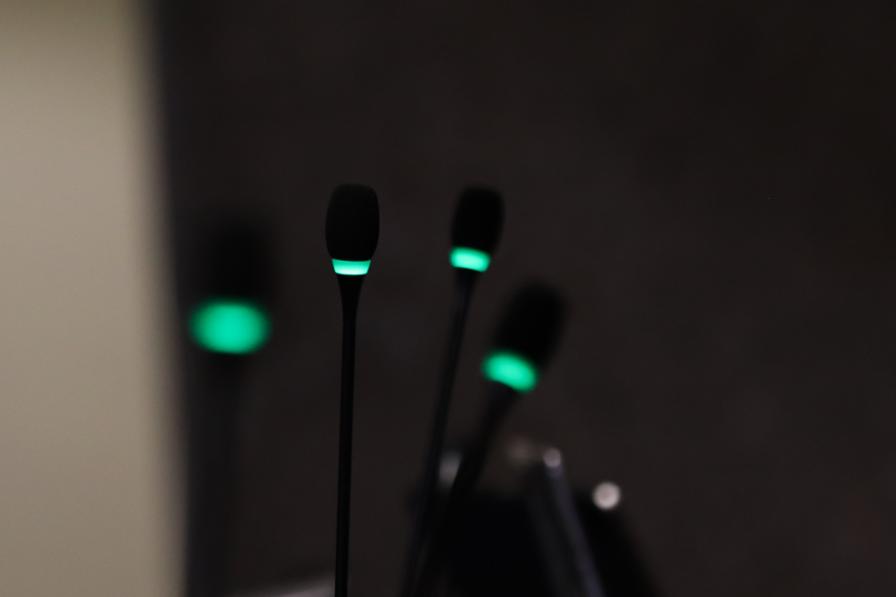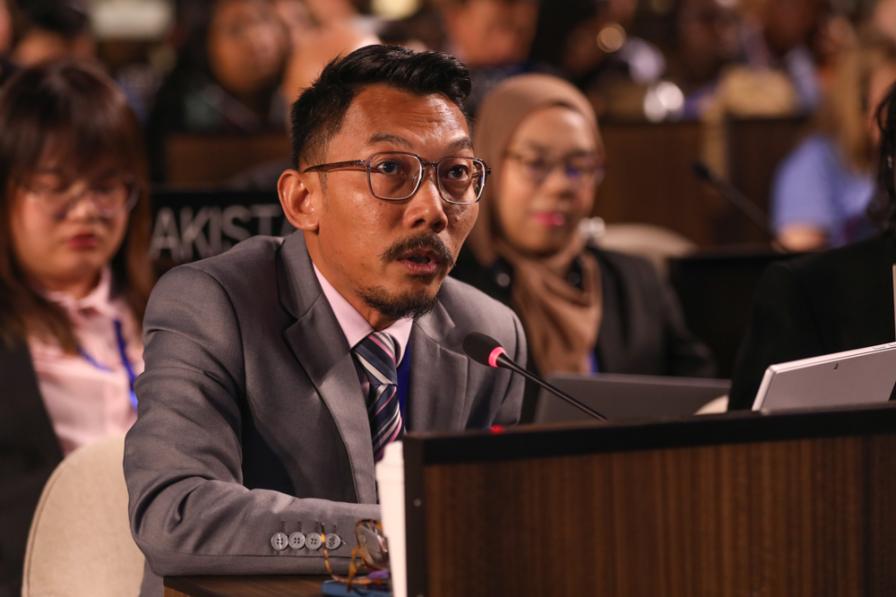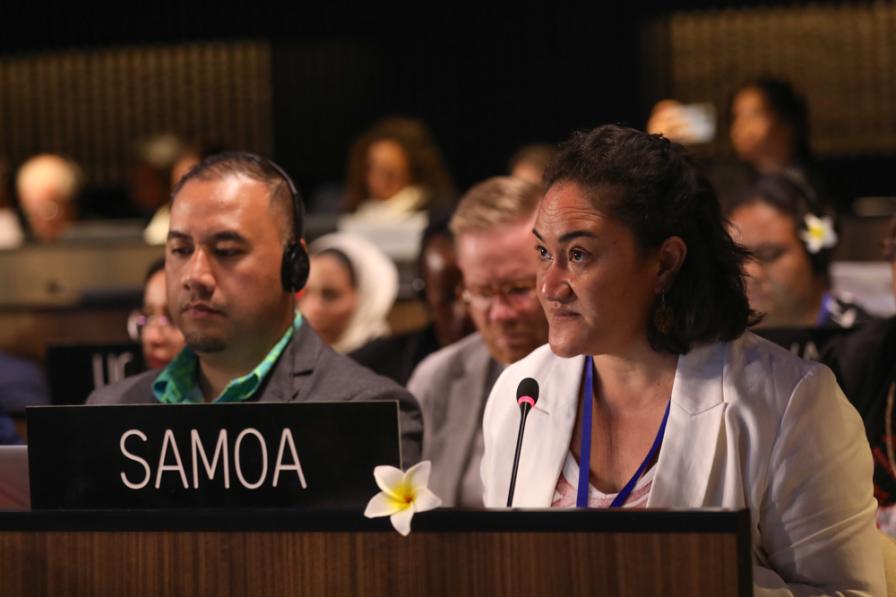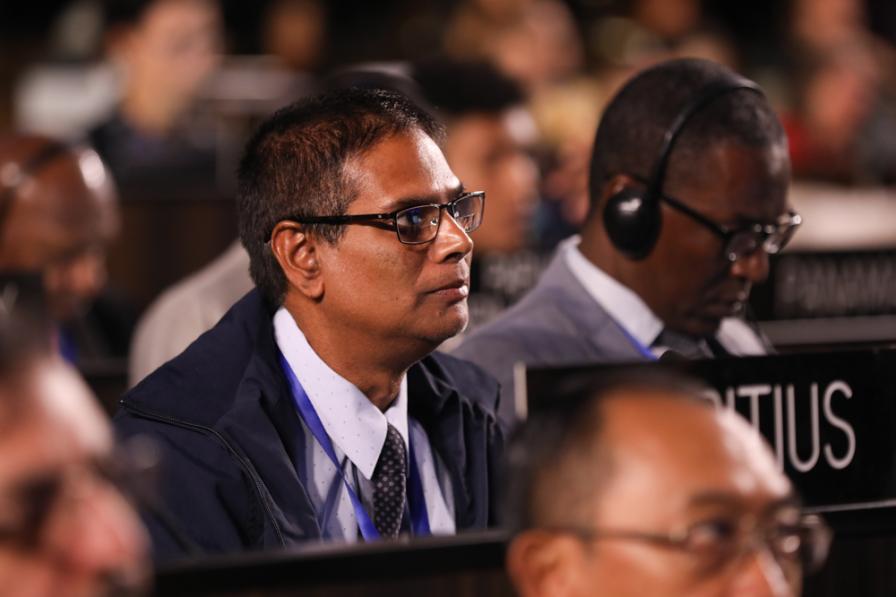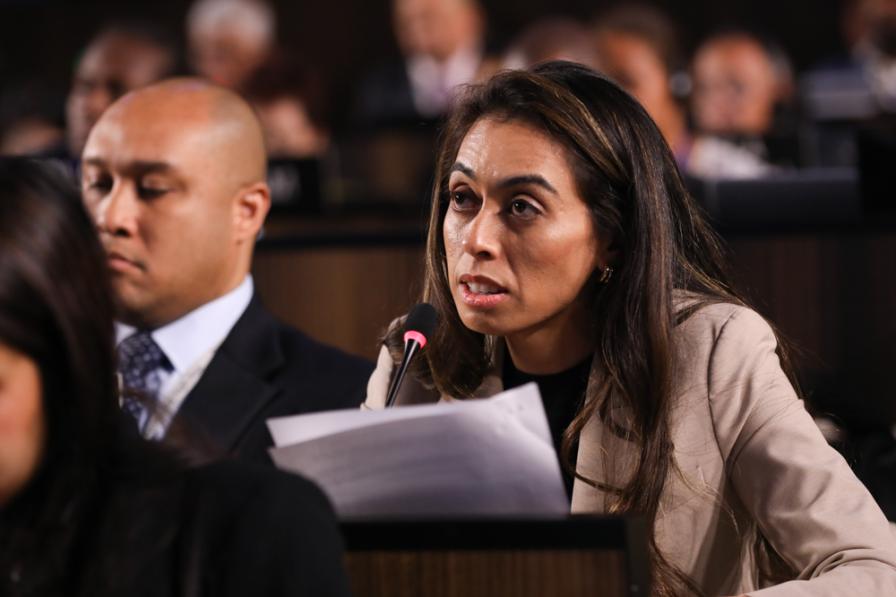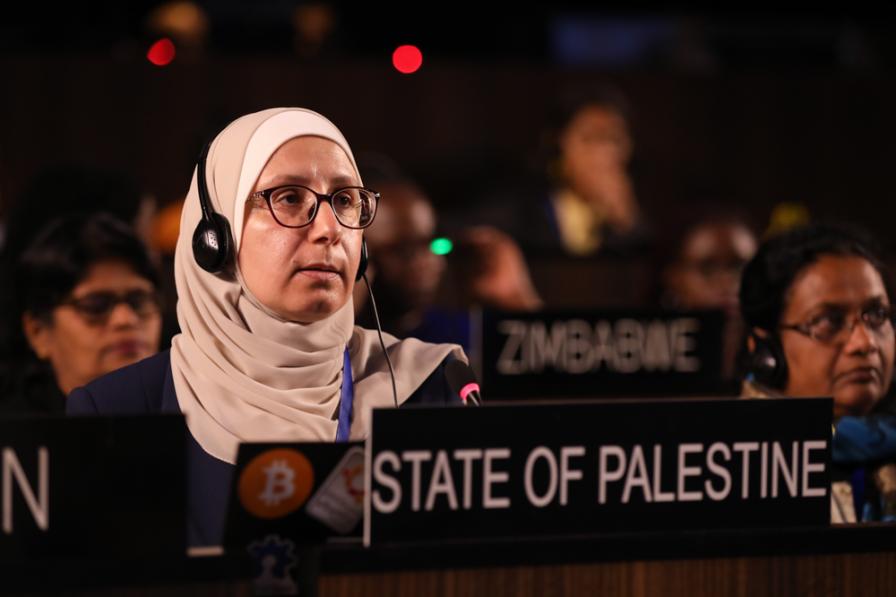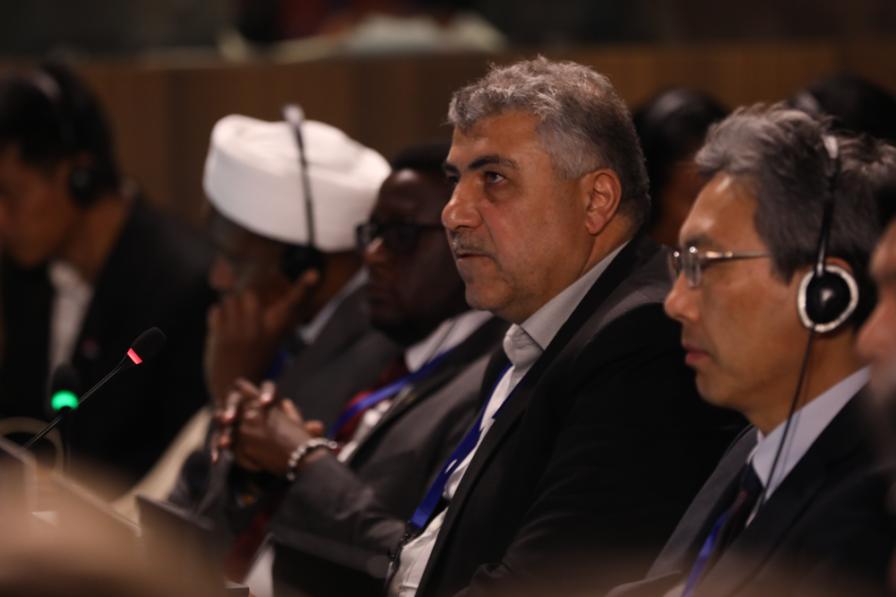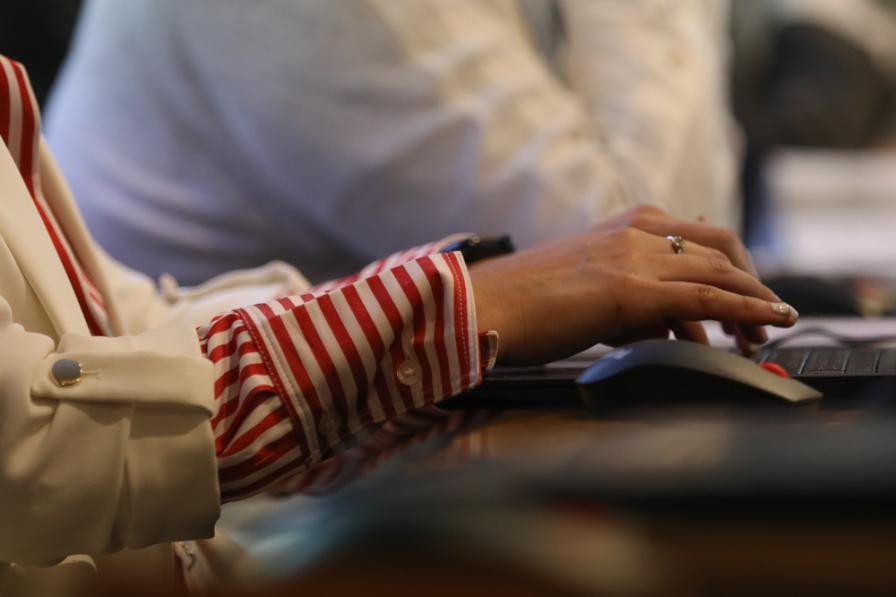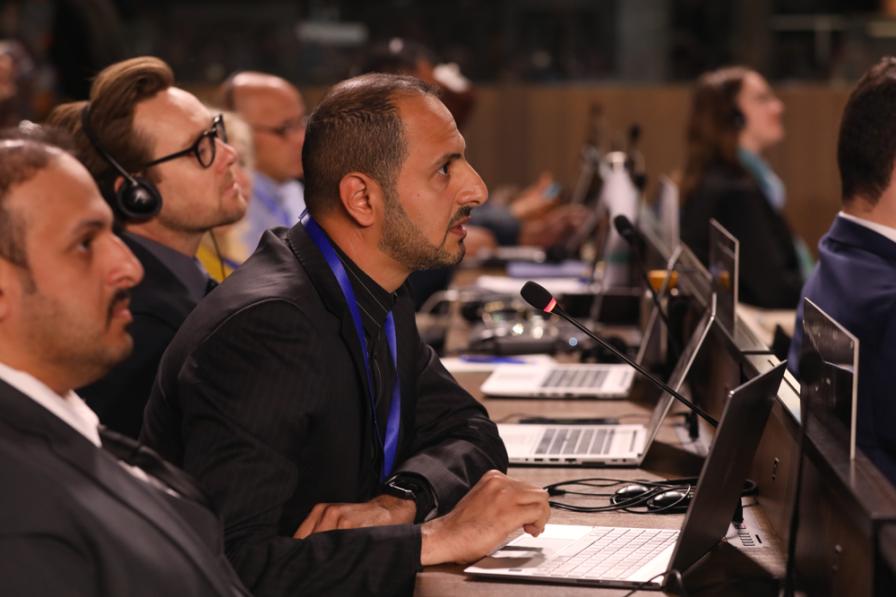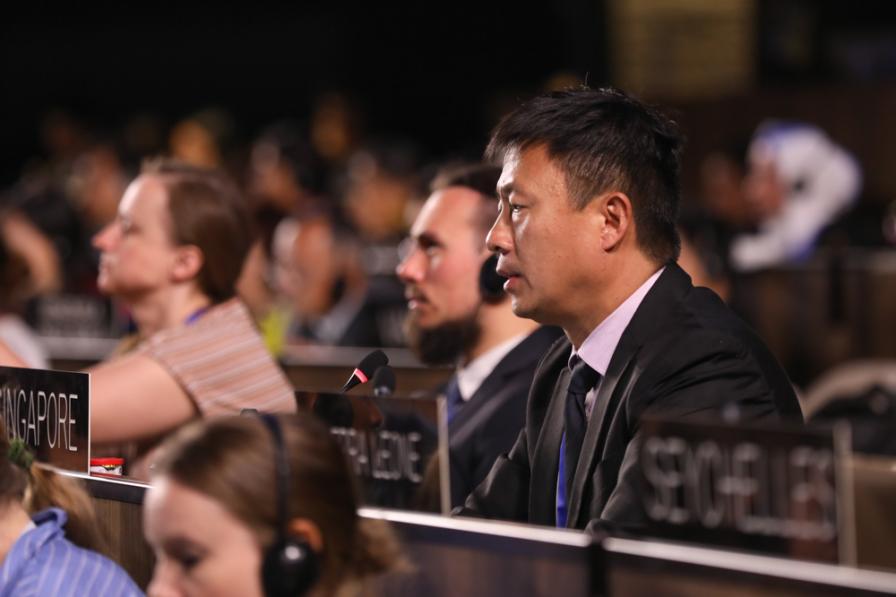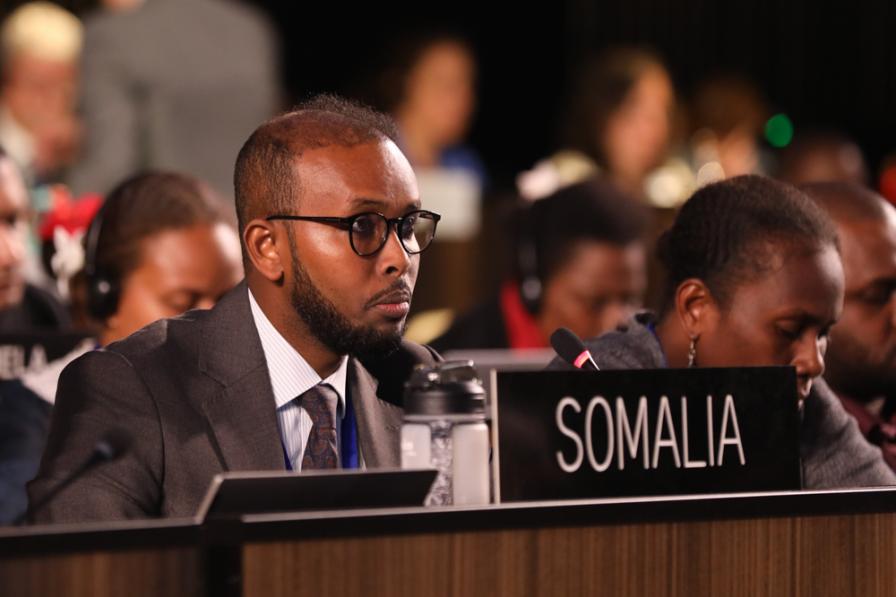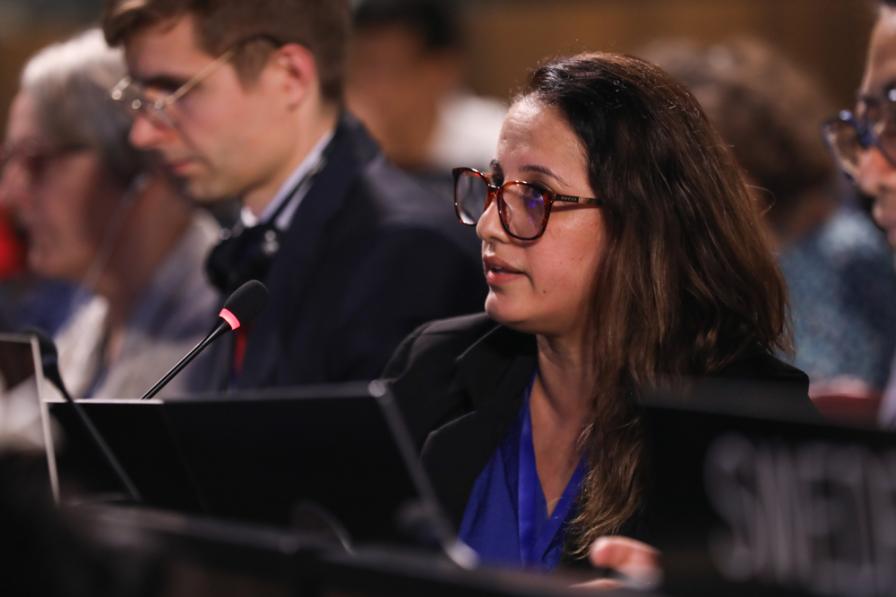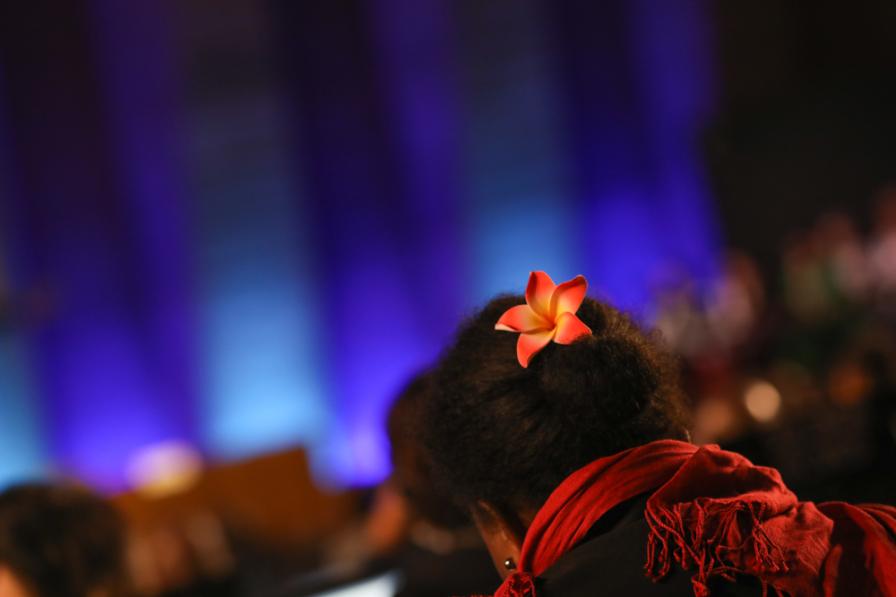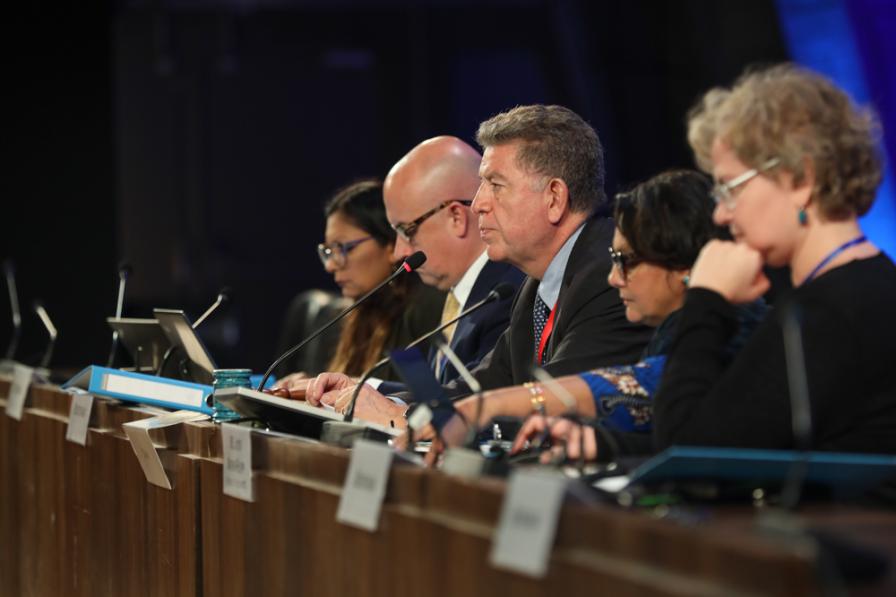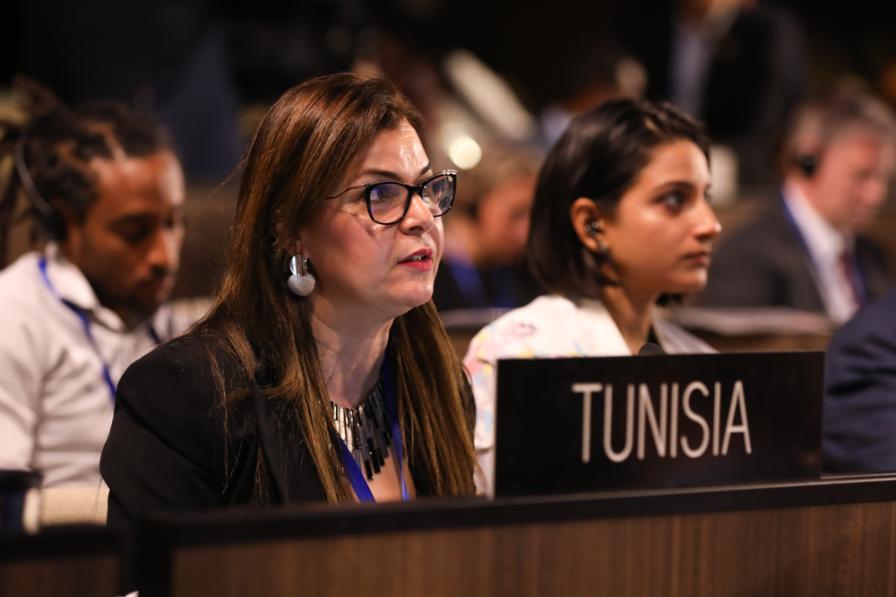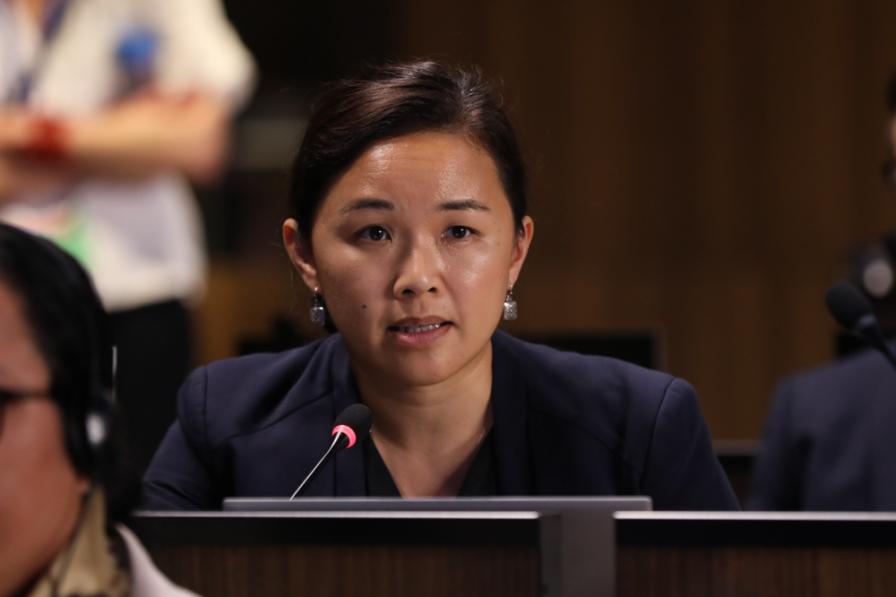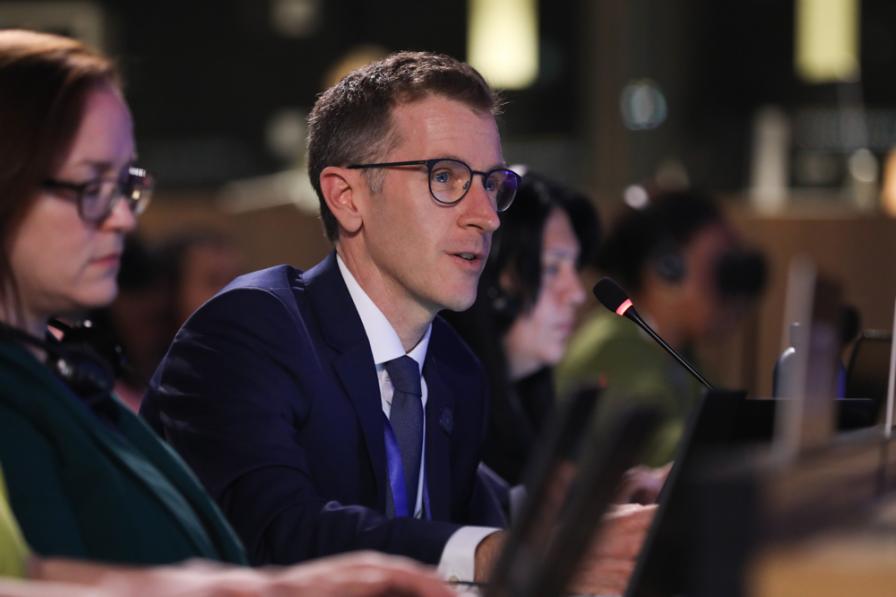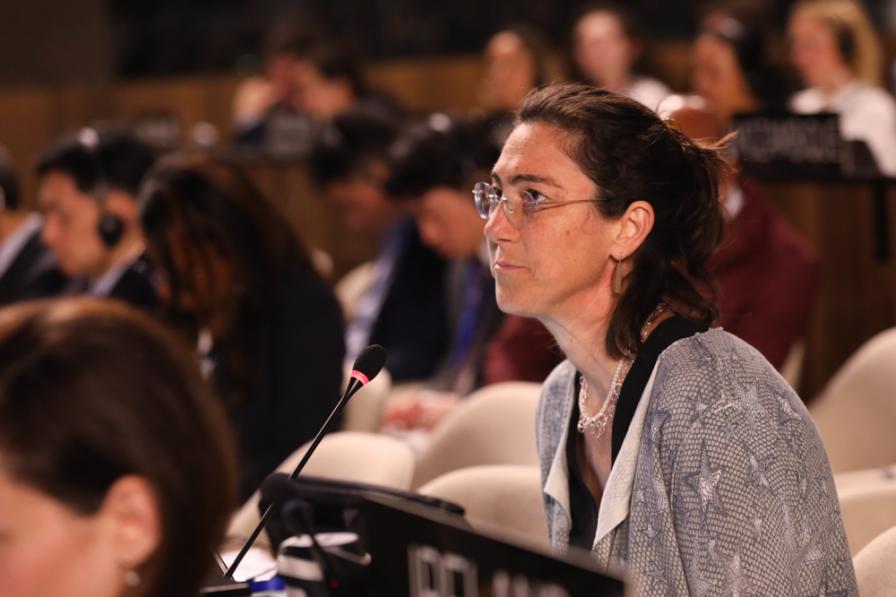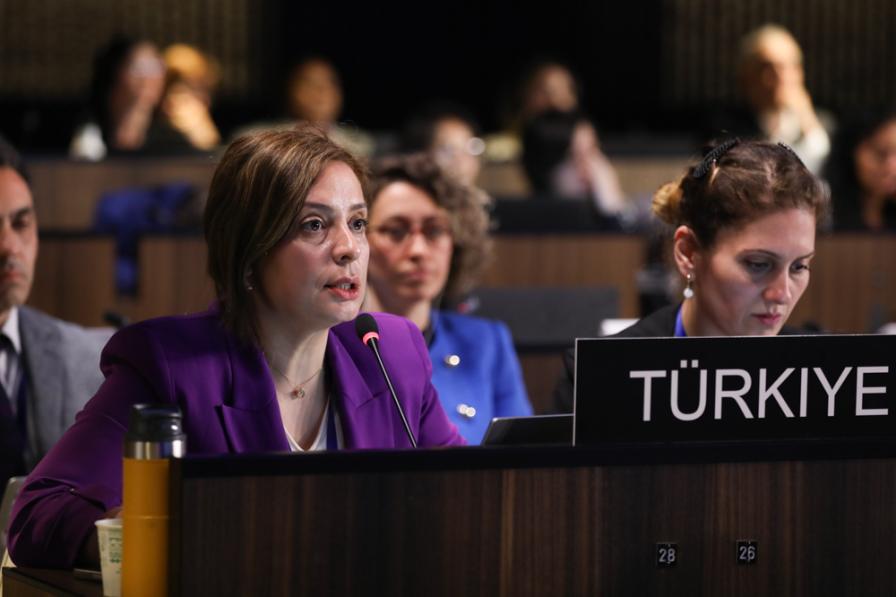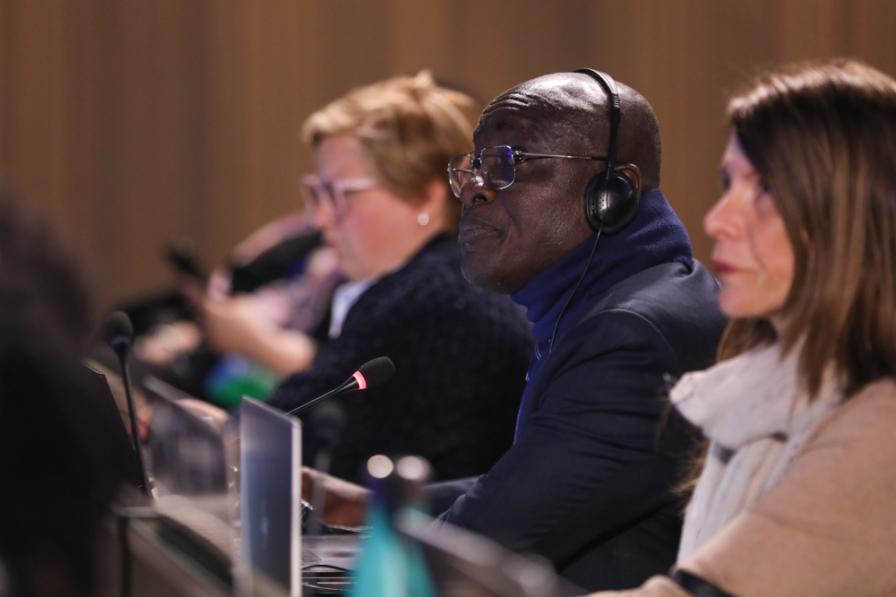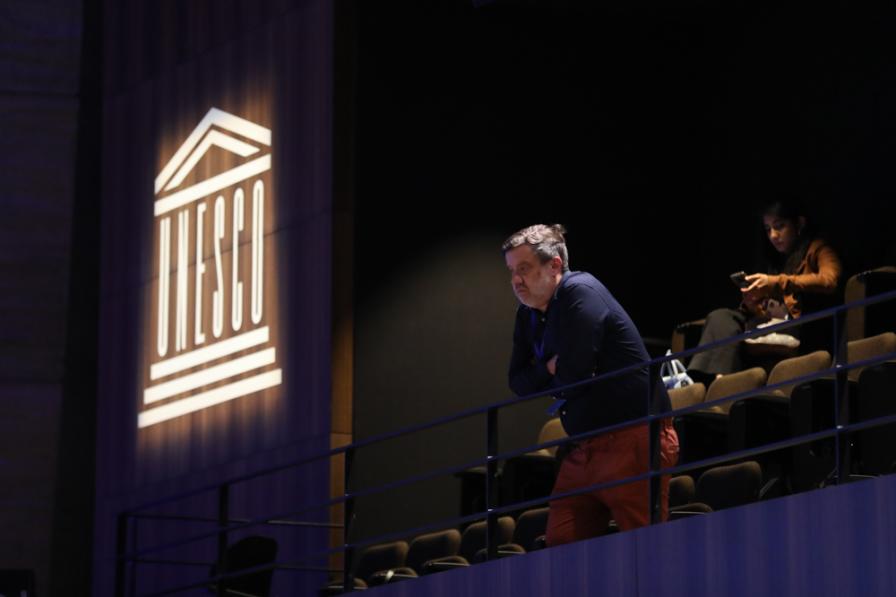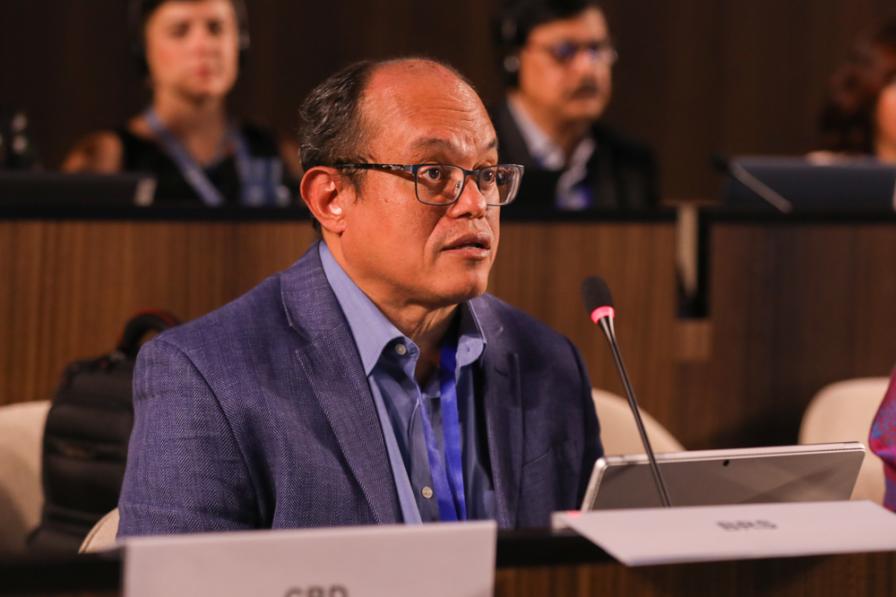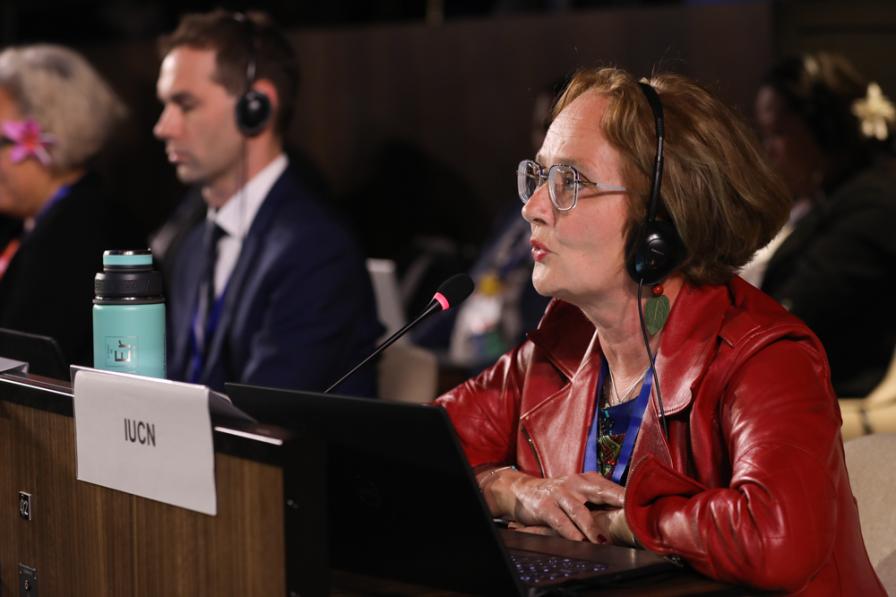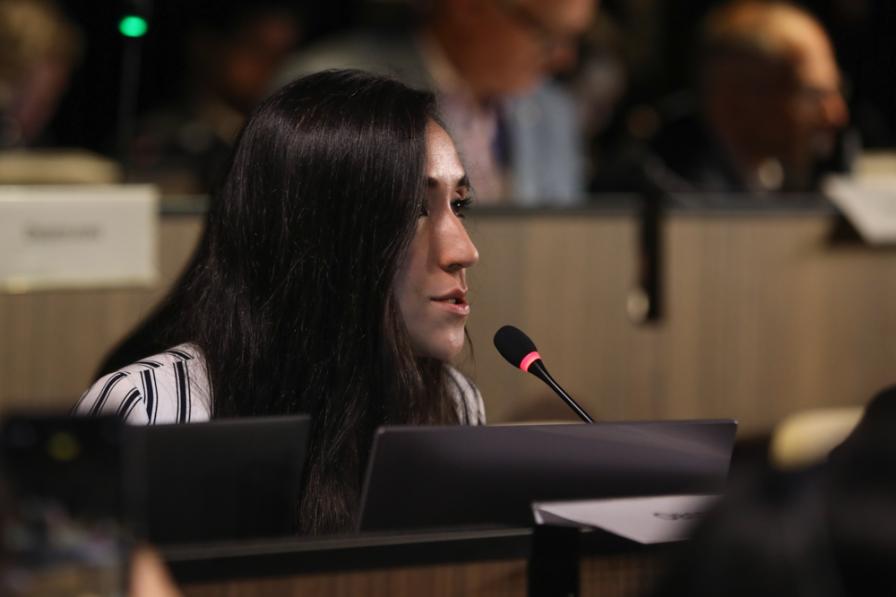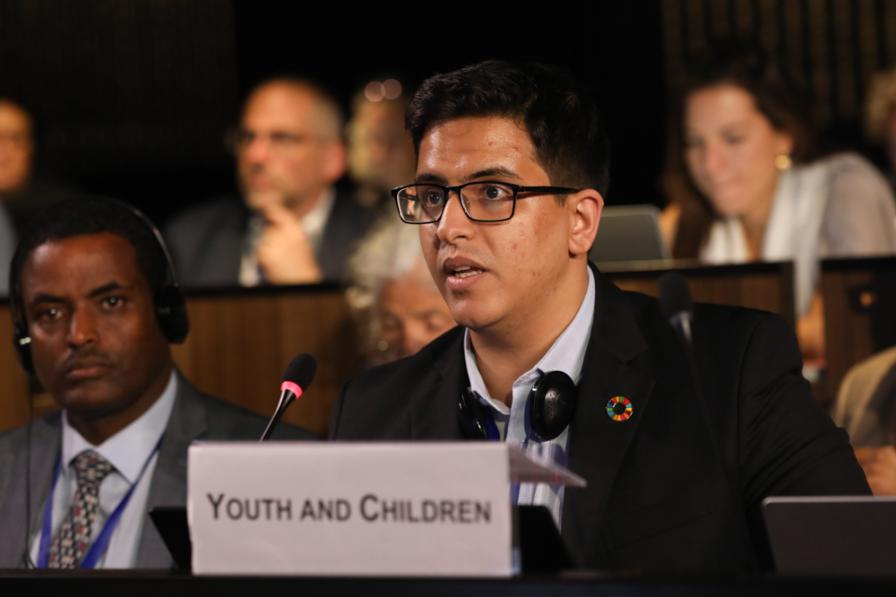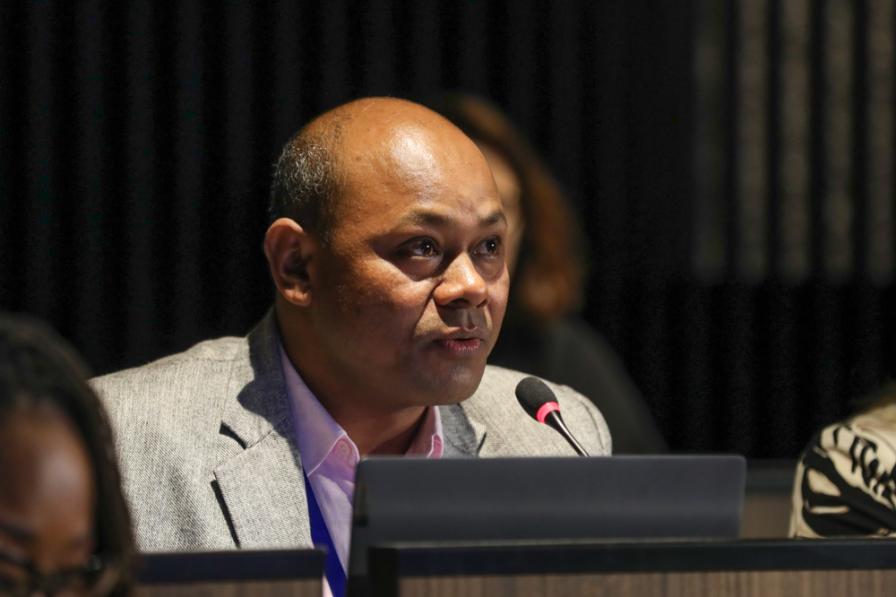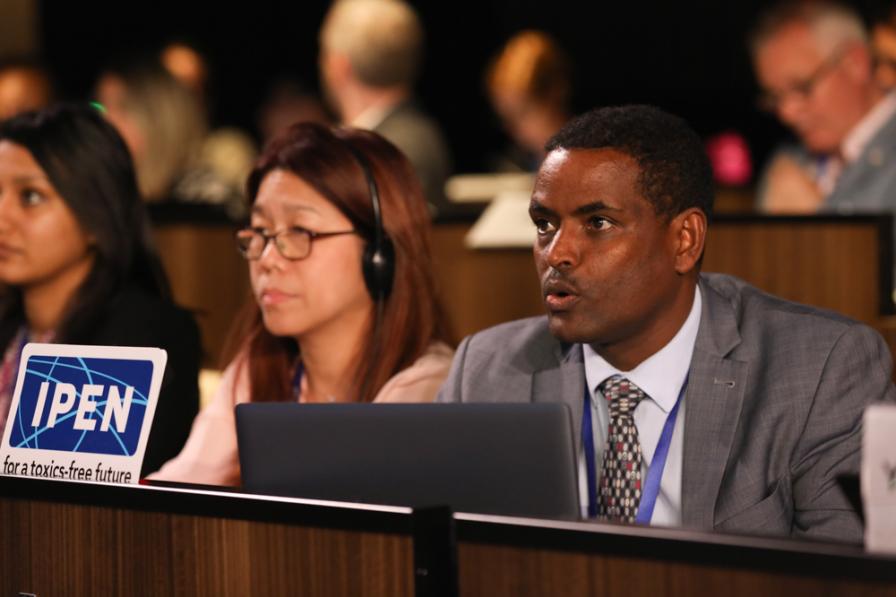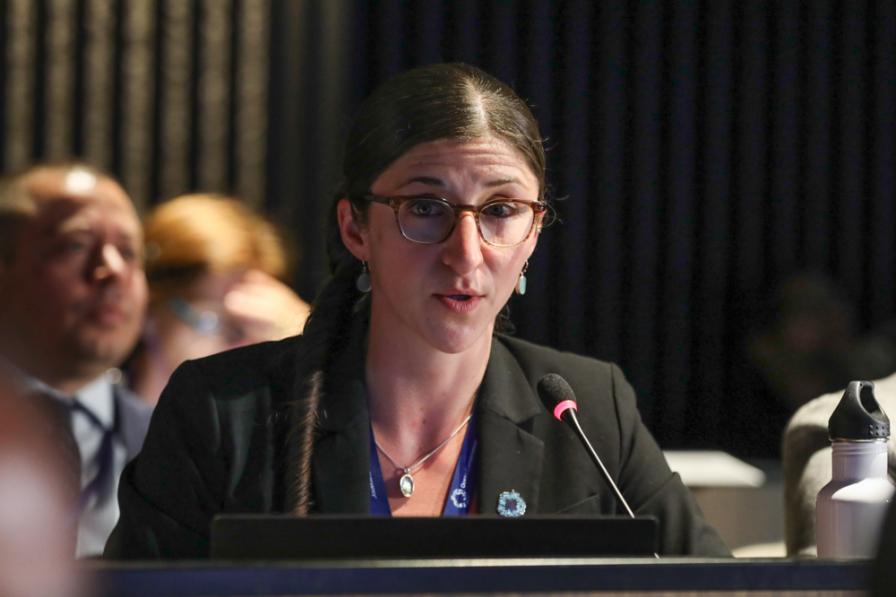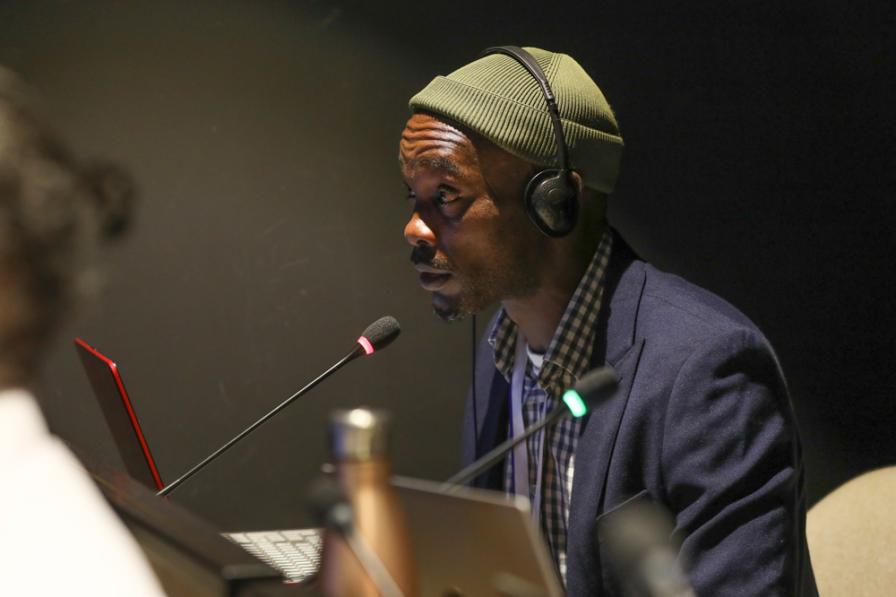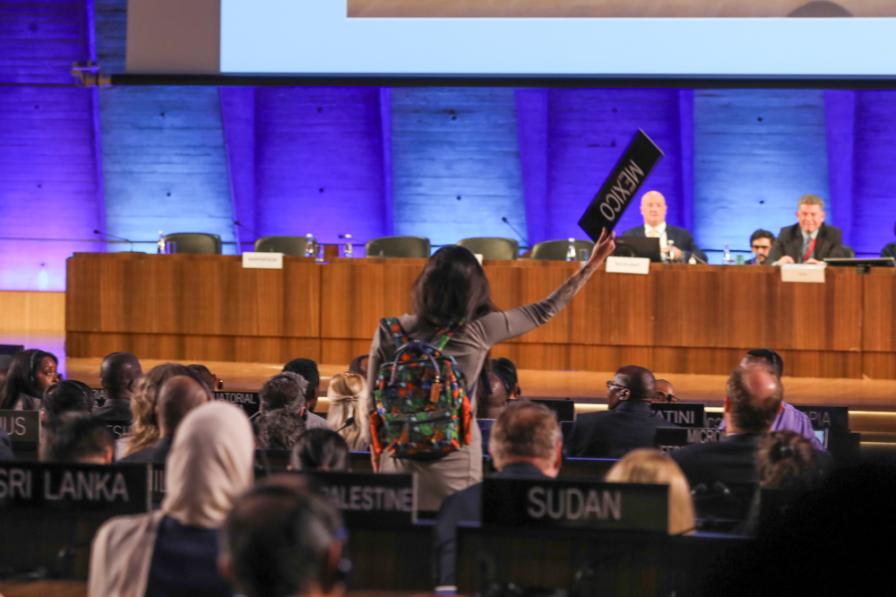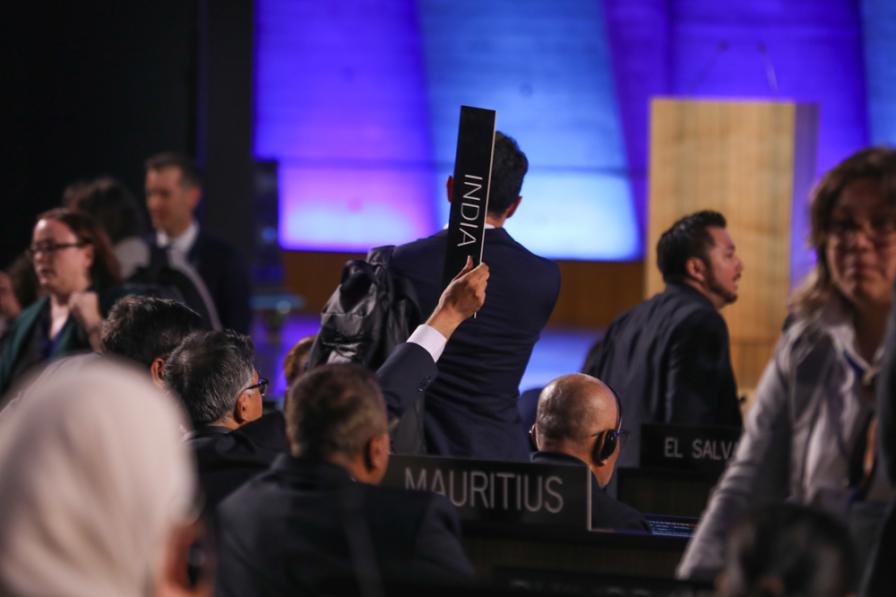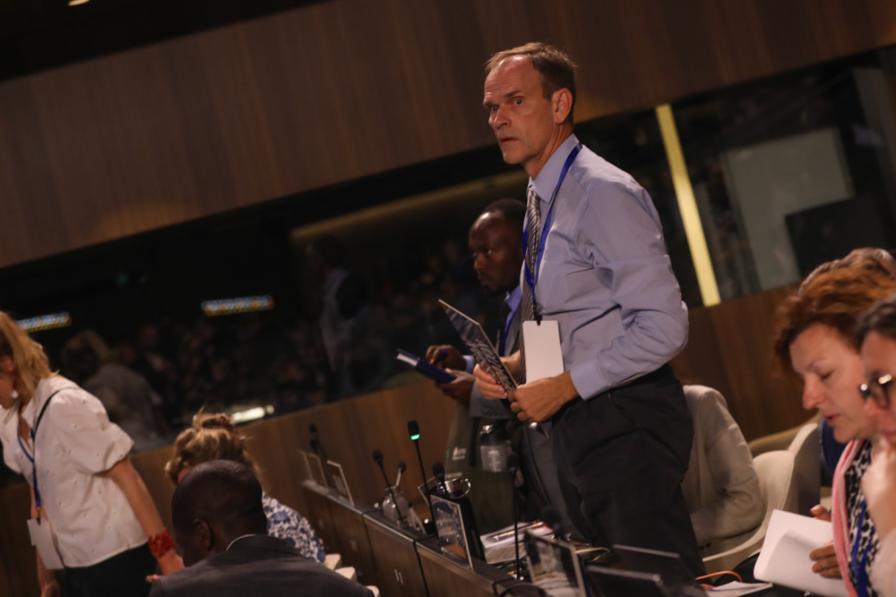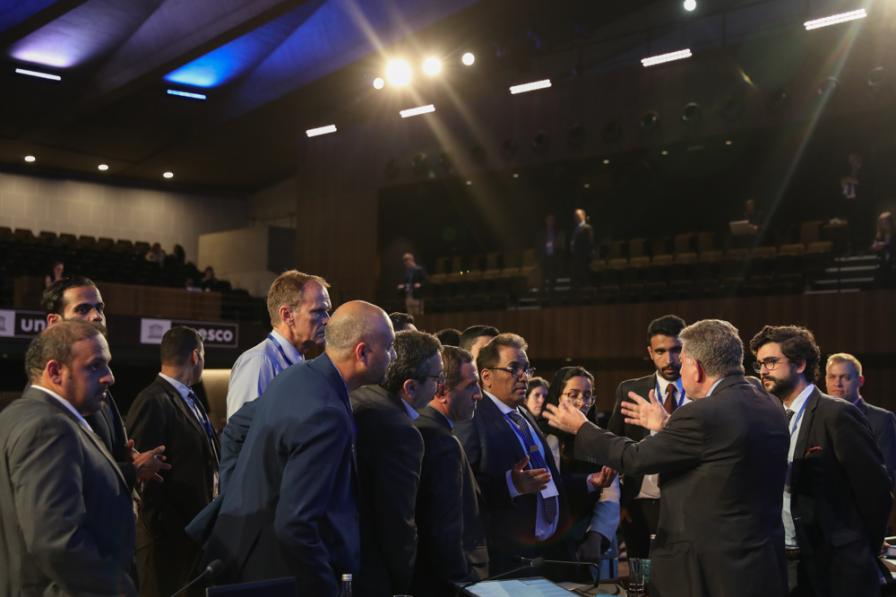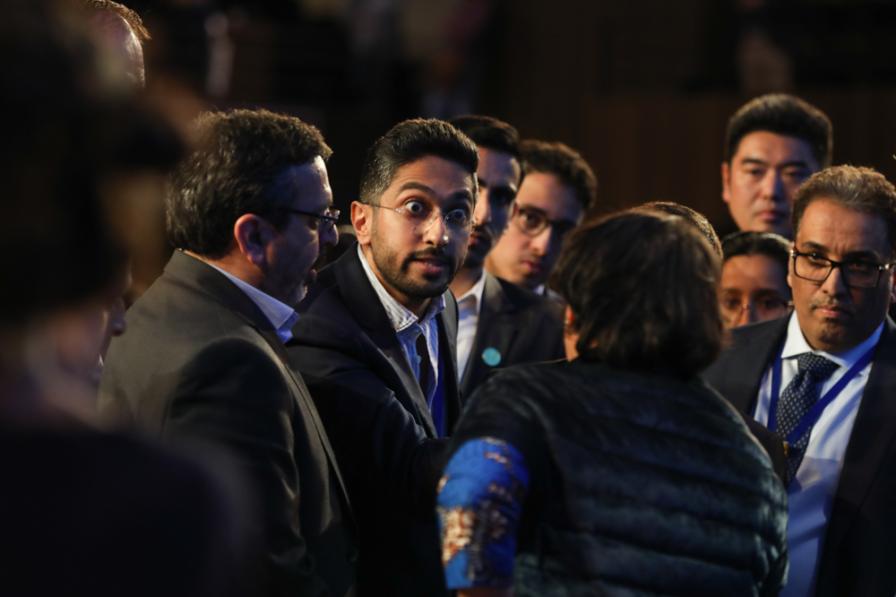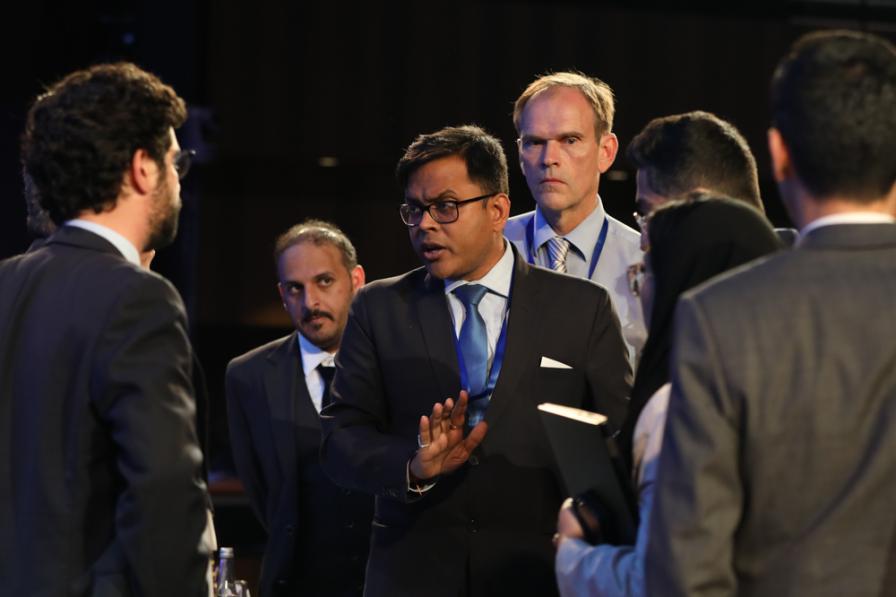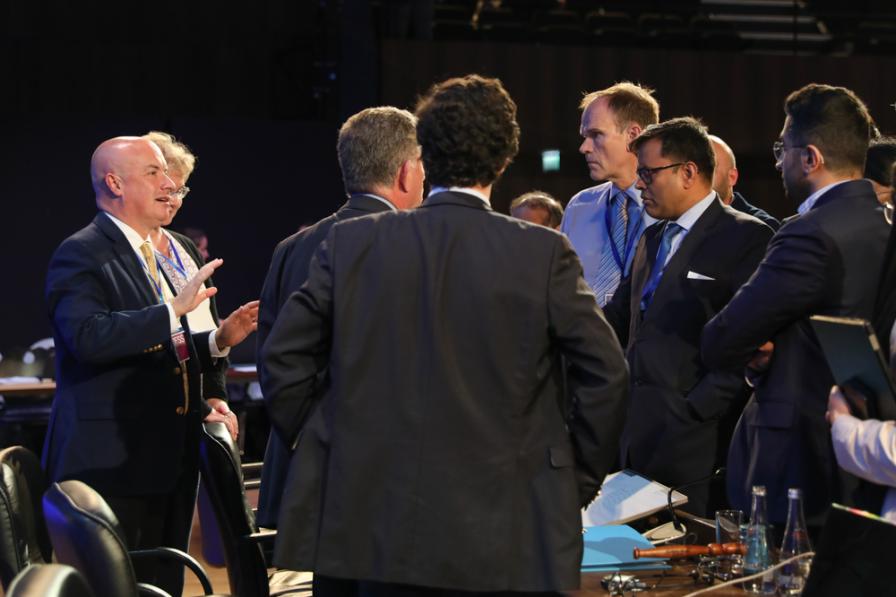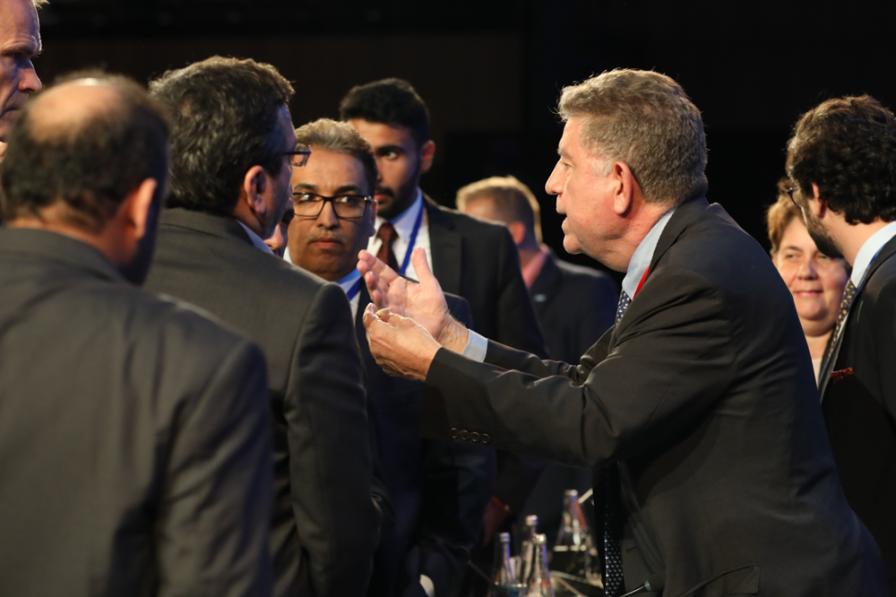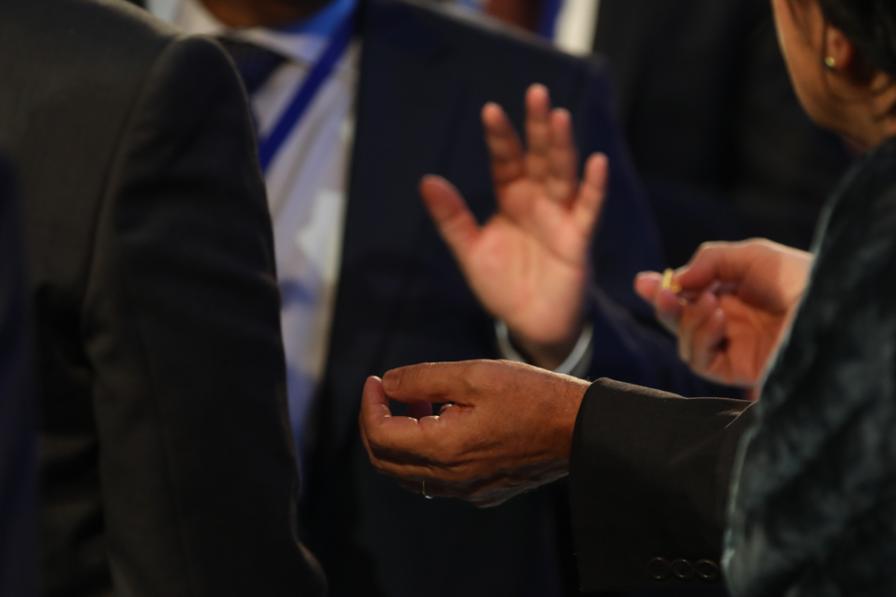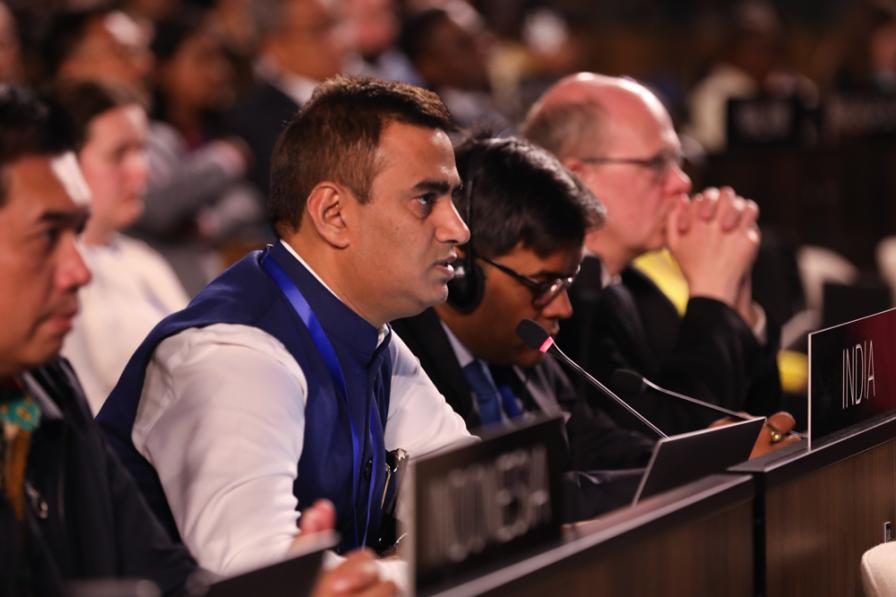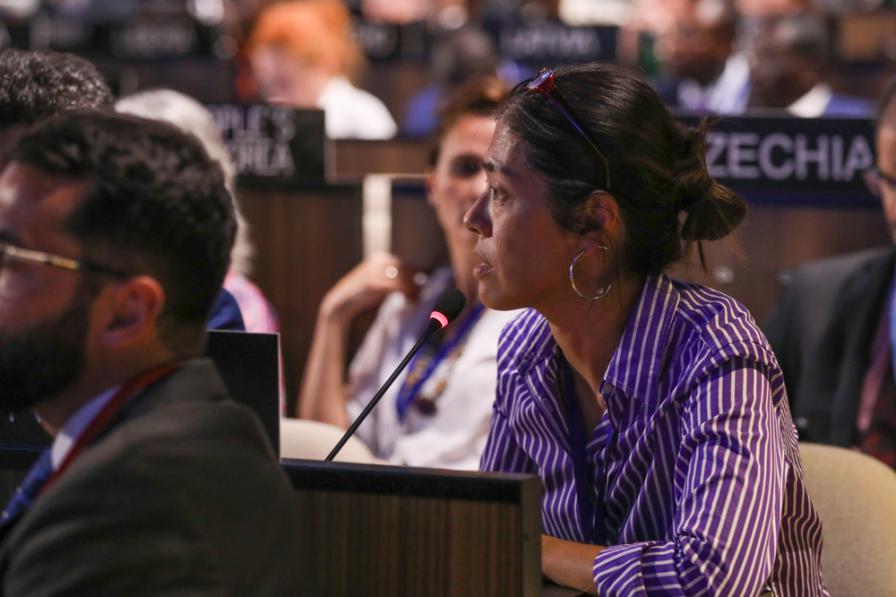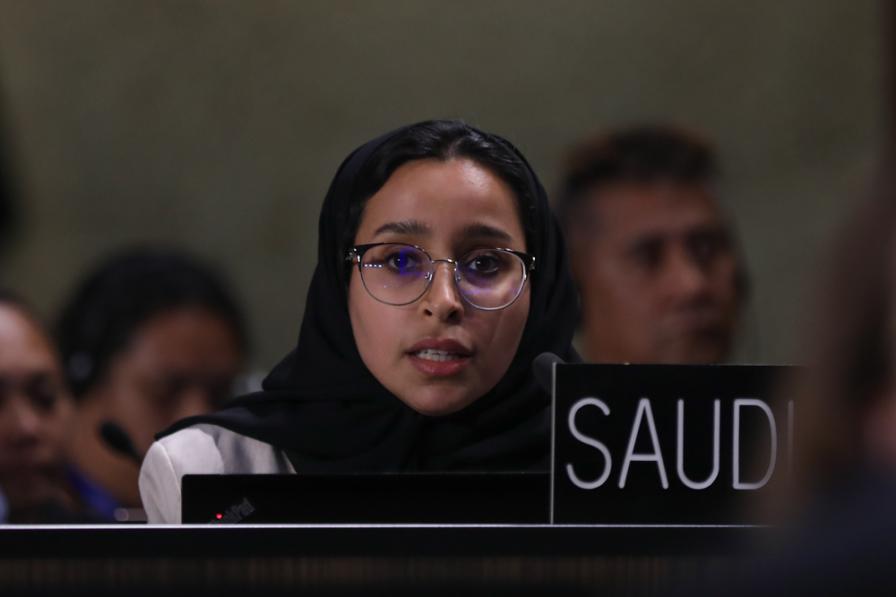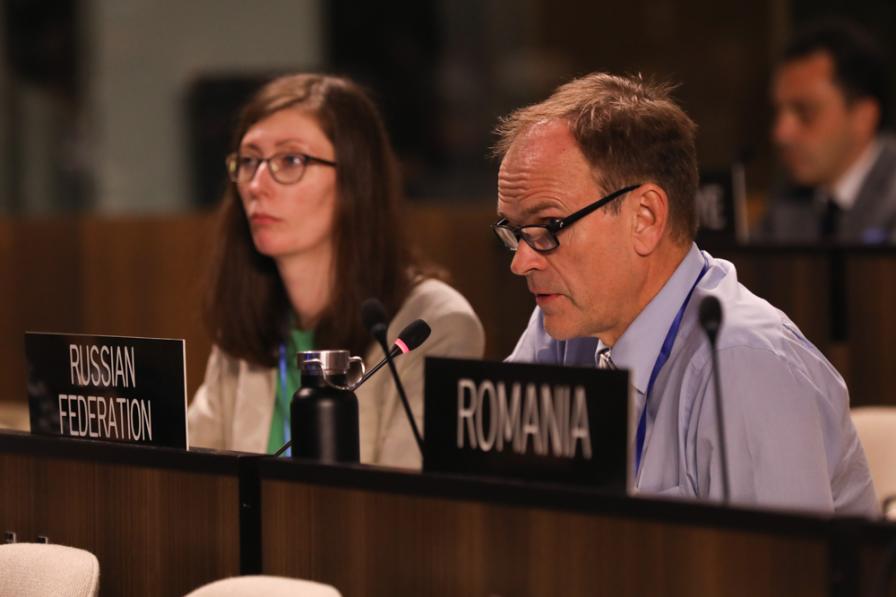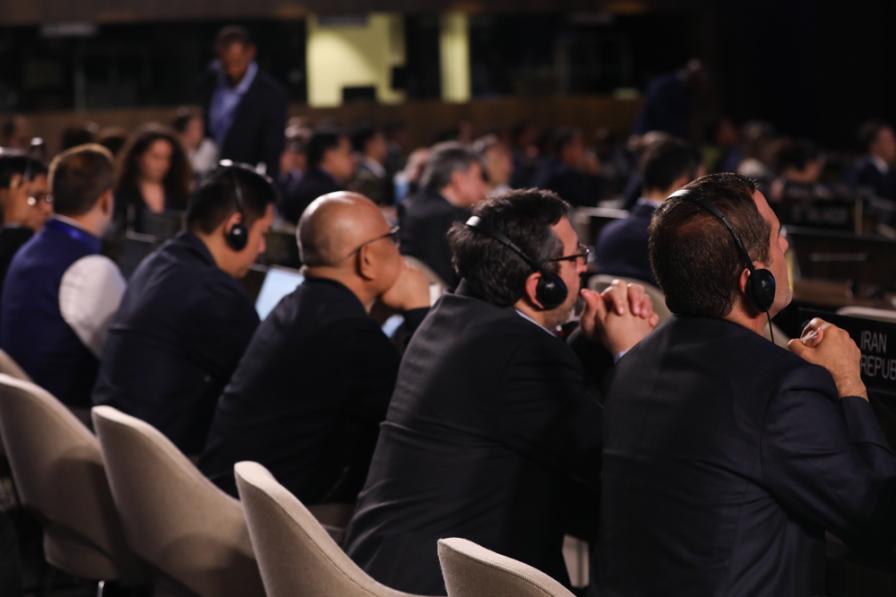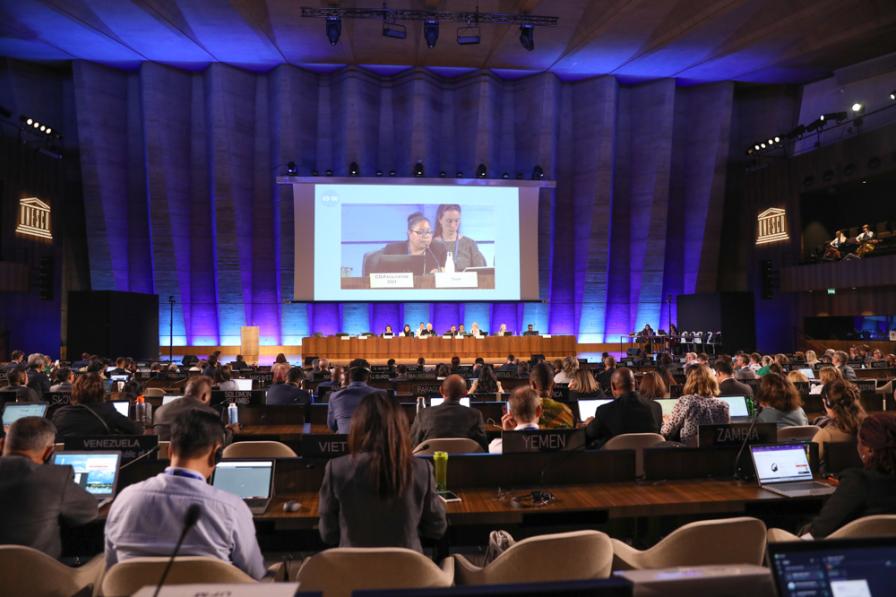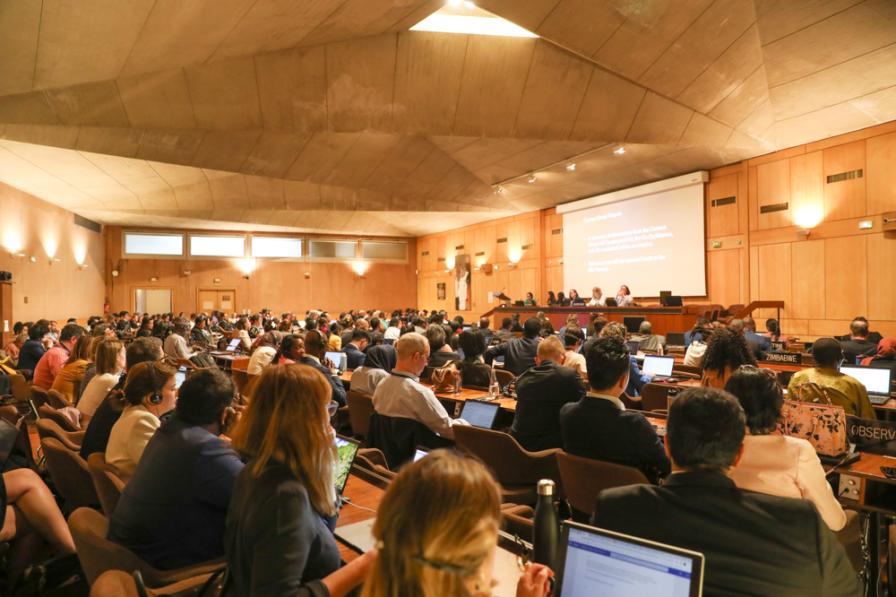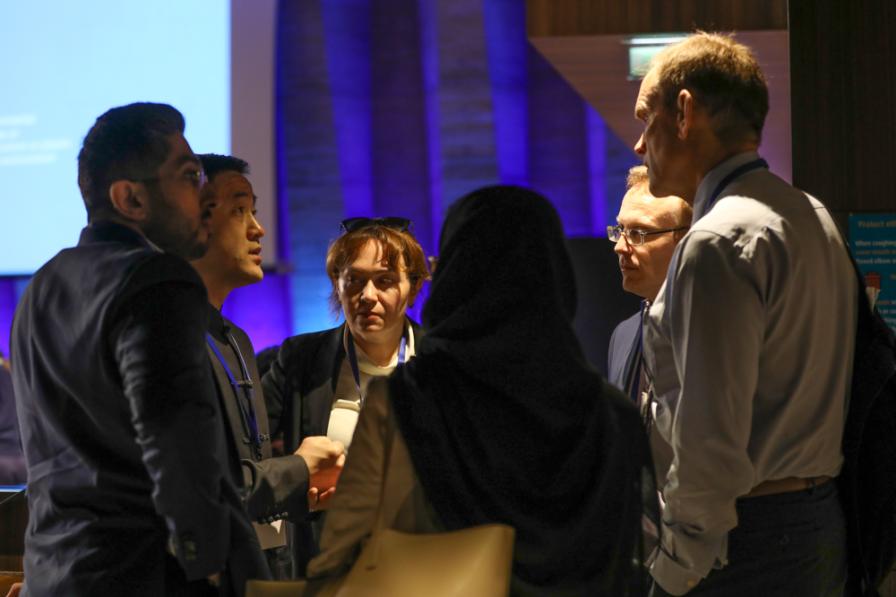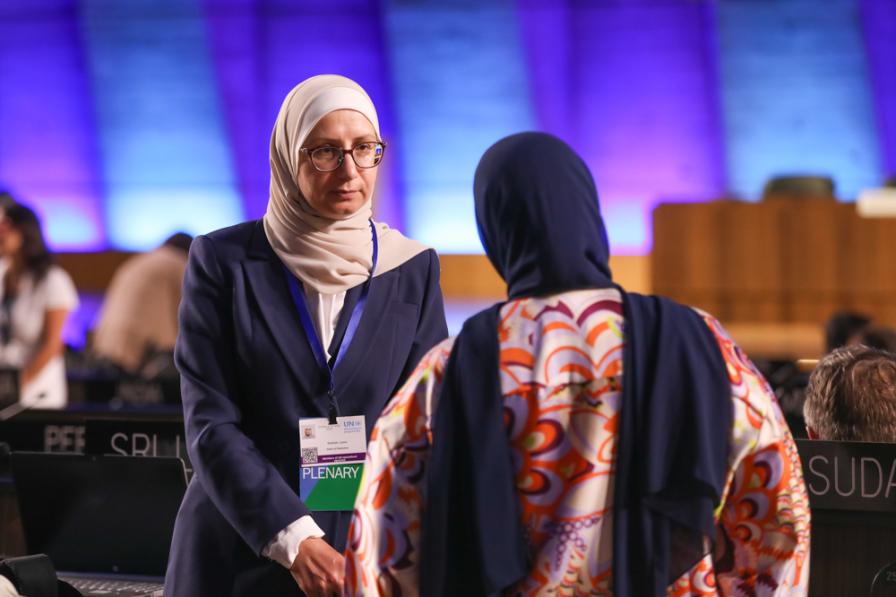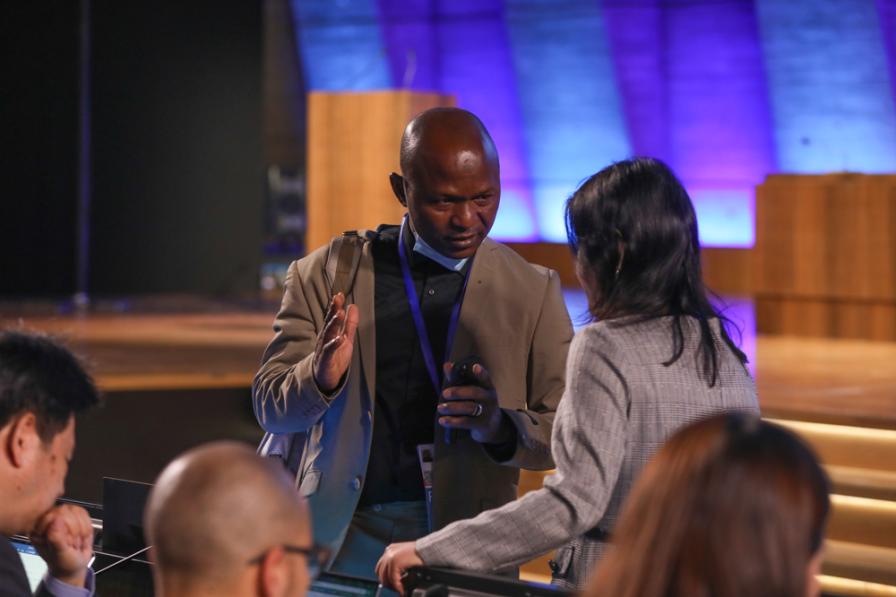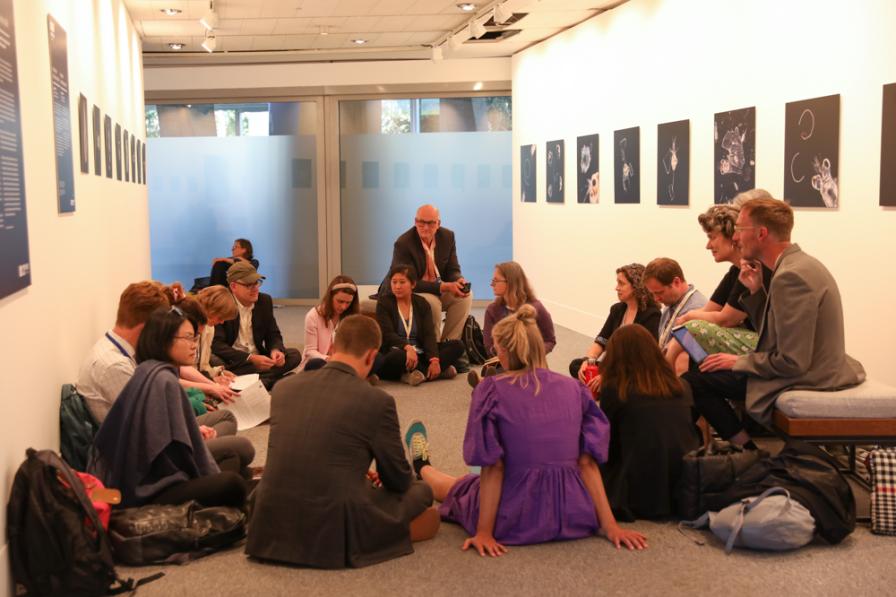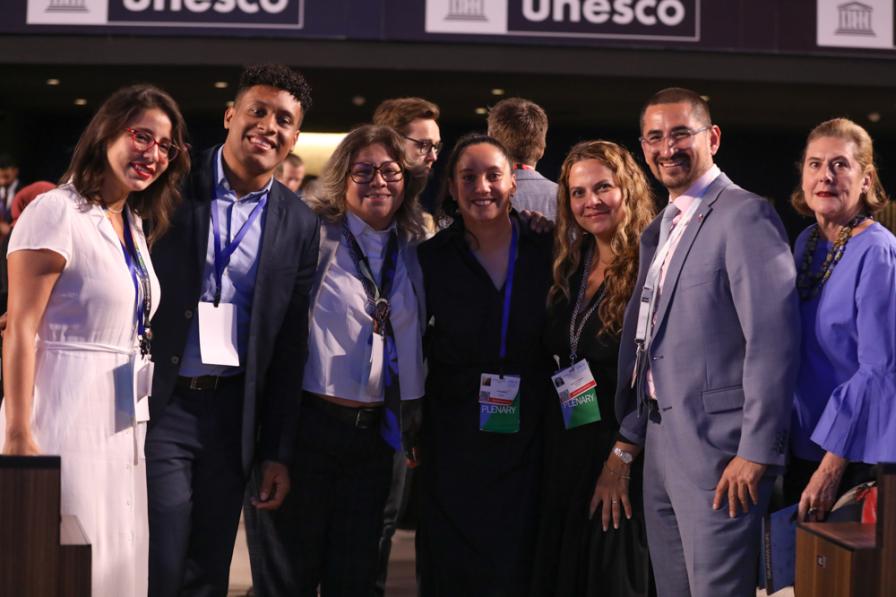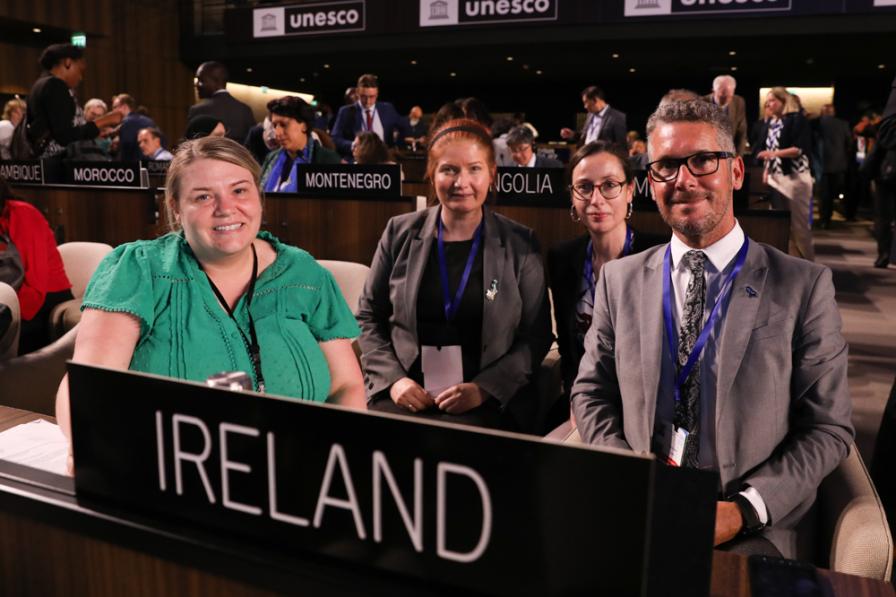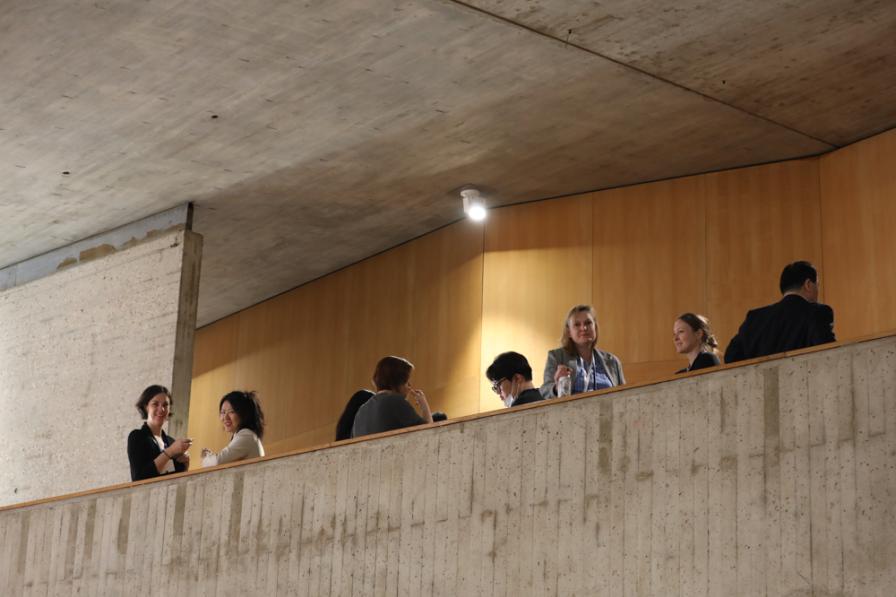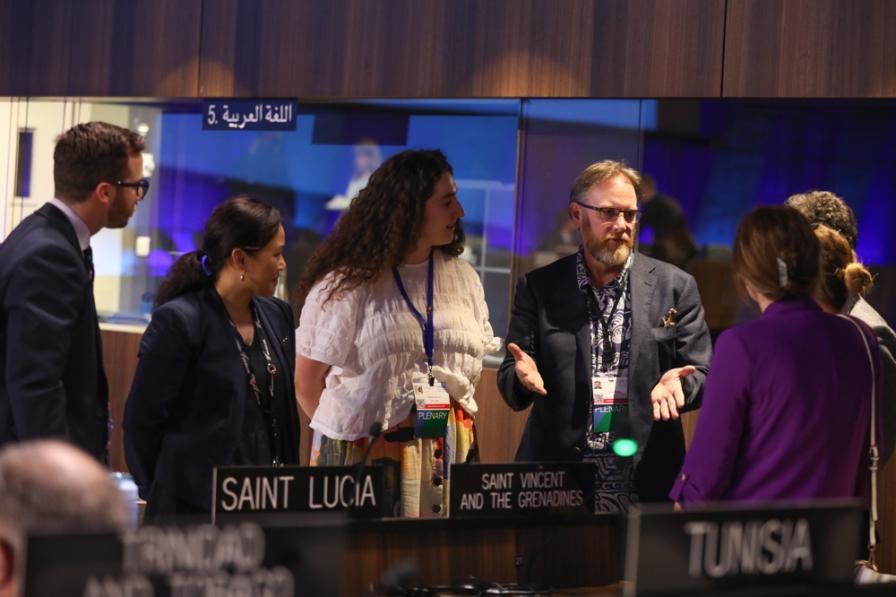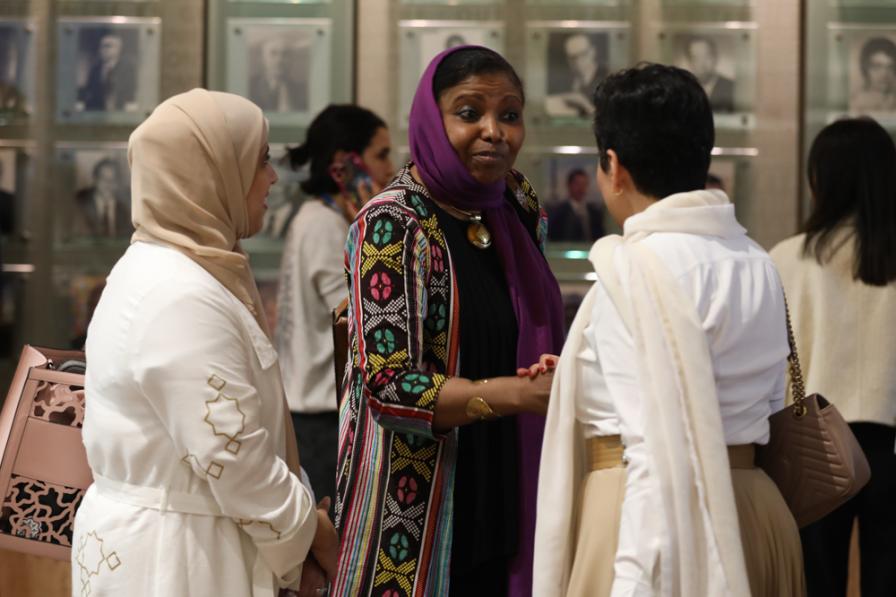Although contentious issues generated extensive discussions that resulted in delays in plenary sessions, delegates were finally able to overcome their differences on procedural issues during the third day of the second session of the International Negotiating Committee (INC-2) to develop an international legally binding instrument (ILBI) on plastic pollution, including in the marine environment, held in Paris, France.
In the morning, Brazil reported on the results of informal discussions on rules of procedure, which had concluded in the wee hours of the morning on Wednesday. He read out an interpretative statement related to the specific rule addressing voting on matters of substance. Delegates adopted this statement, in which they agreed about the “differing understandings” on this rule.
Want to dig deeper? Read the full Earth Negotiations Bulletin daily report.
After quickly agreeing to the organization of work for the rest of the meeting, delegates then turned their attention to the substantive part of the plenary session. The focus of these efforts included taking up the document containing potential options for the new treaty, which had been circulated in the run-up to INC-2.
In their general comments, regional groups called for the ILBI to address, among other issues, the full lifecycle of plastic, sustainable production and consumption, extended producer responsibility, and problematic plastics, including hazardous polymers and additives. Several delegations also called for a focus on means of implementation (MoI), recognizing that this would be essential for the smooth implementation of the future treaty.
Others called for the ILBI to distinguish between mandatory and voluntary measures, as well as to differentiate between necessary and unnecessary plastic products. In diverging views, some delegations supported mandatory global measures to address plastic pollution, while others favored nationally determined actions and reporting. Further, some expressed their support for the future treaty to include core elements related to plastic recycling, with others almost vehemently opposed.
After hearing general statements, delegates established two contact groups to further more indepth discussions on the options paper. Contact Group 1, co-facilitated by Gwendalyn Kingtaro Sisior (Palau) and Axel Borchmann (Germany), was mandated to consider the objectives and substantive obligations of the future ILBI. Contact Group 2, co-facilitated by Katherine Lynch (Australia) and Tommy Oliver Boachie (Ghana), was mandated to consider MoI, implementation measures, and additional matters. A few delegations called to revise the mandates of the contact groups, calling to include a “placeholder” for the discussion on the principles and approaches that will govern the ILBI in the zero draft, as well as the possibility to make submissions intersessionally.
After an hour-long unscheduled break in proceedings, plenary reconvened at 7:00 pm. Delegates then agreed to establish the contact groups, which carried on into the night.
To receive free coverage of global environmental events delivered to your inbox, subscribe to the ENB Update newsletter.
All ENB photos are free to use with attribution. For INC-2, please use: Photo by IISD/ENB | Kiara Worth.
